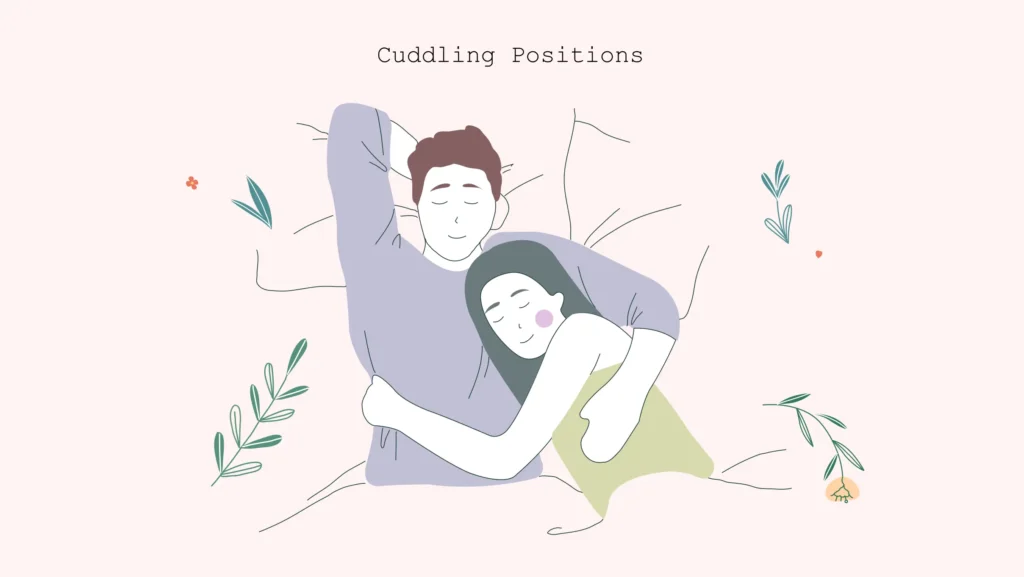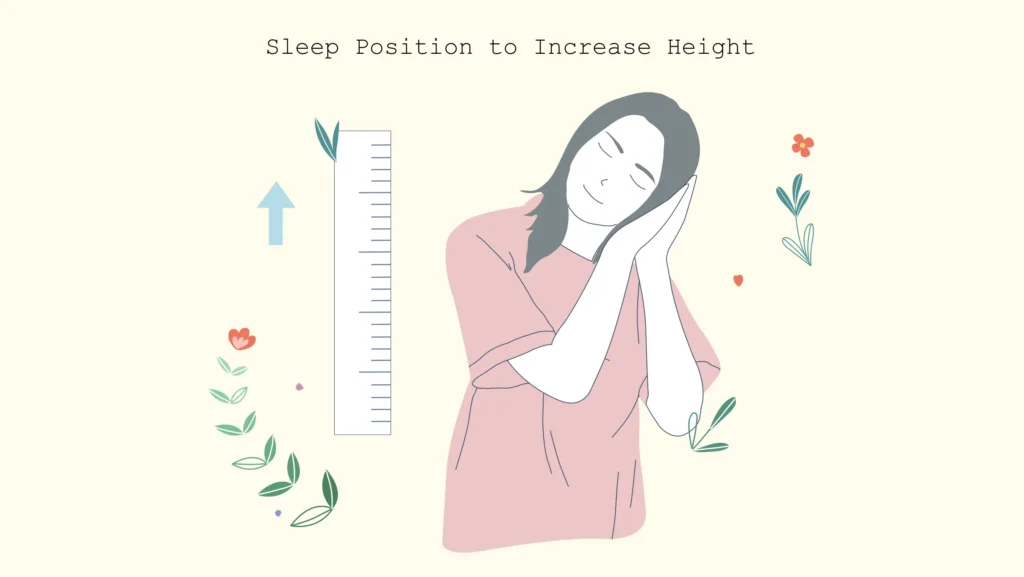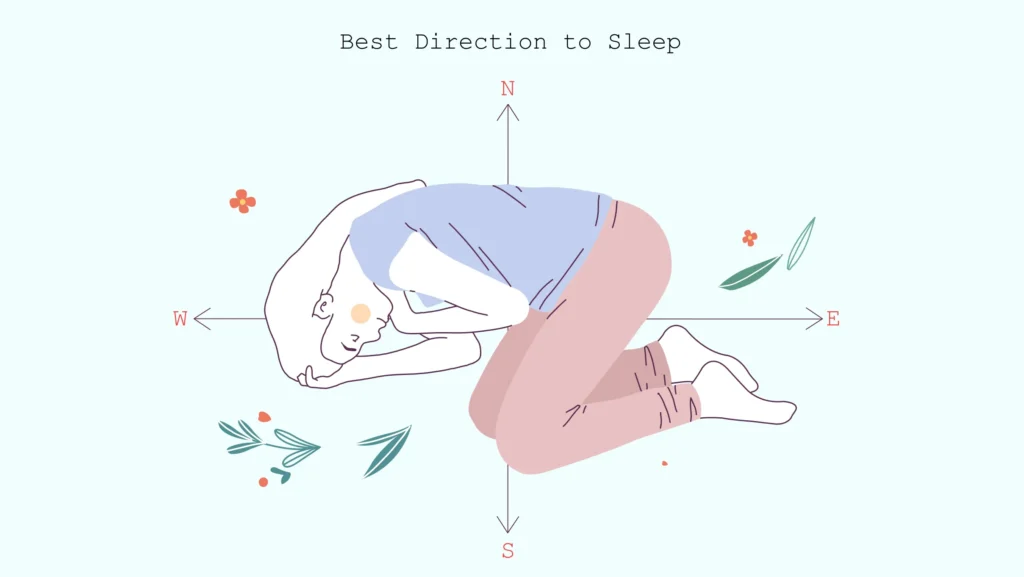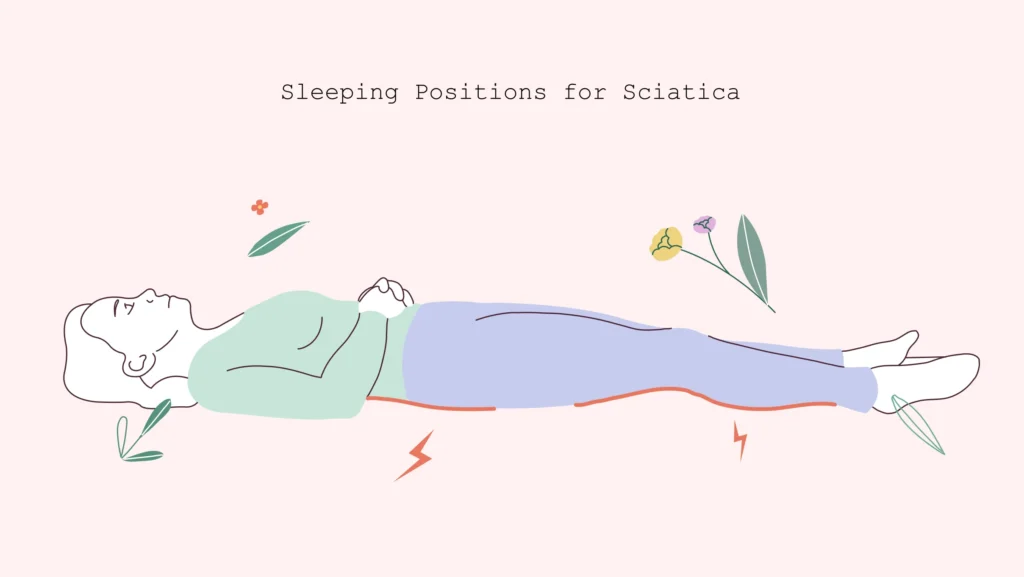The Best Sleeping Position to Aid Digestion
Fact Checked
Up to date
Update: May 17, 2023
Share
Written by

Content Writer
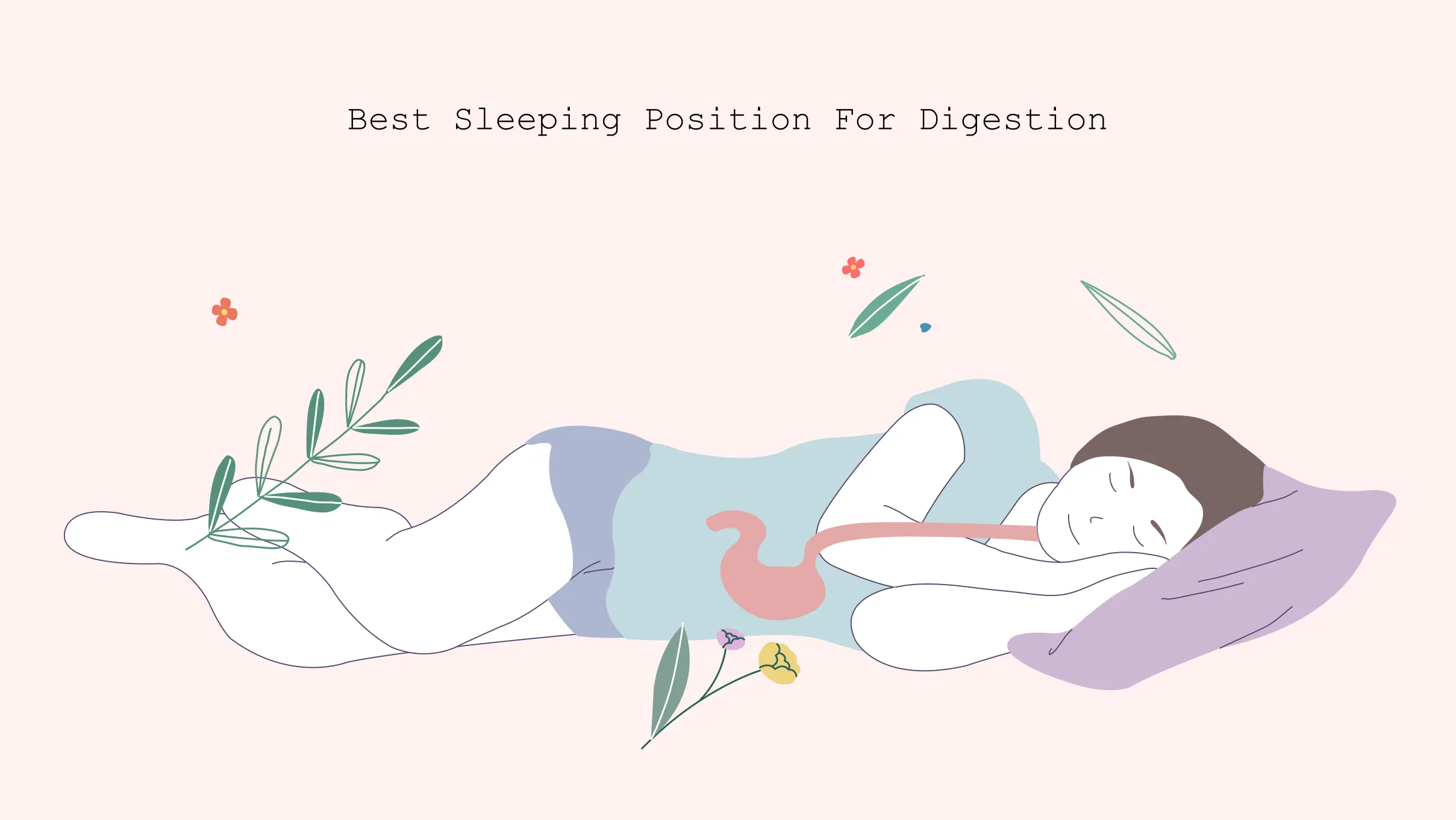
0
people like this article
Share
Written by

Content Writer
10 years of experience as a content writer
Previously worked as a copywriter for a health journal
Ability to write in a variety of formats, including articles, white papers, and clinical trial summaries



